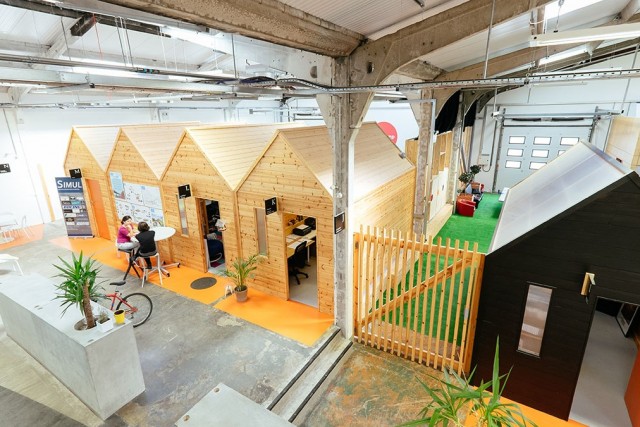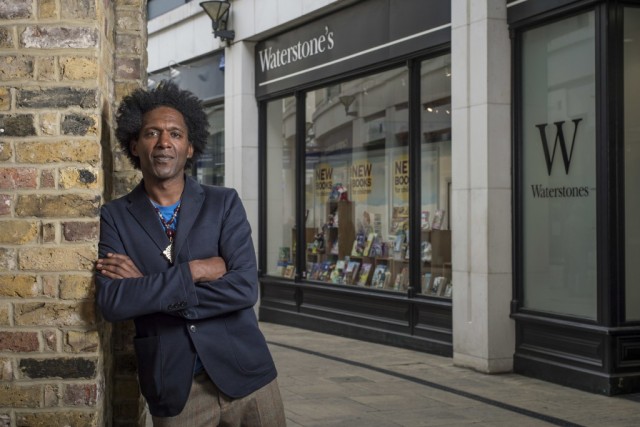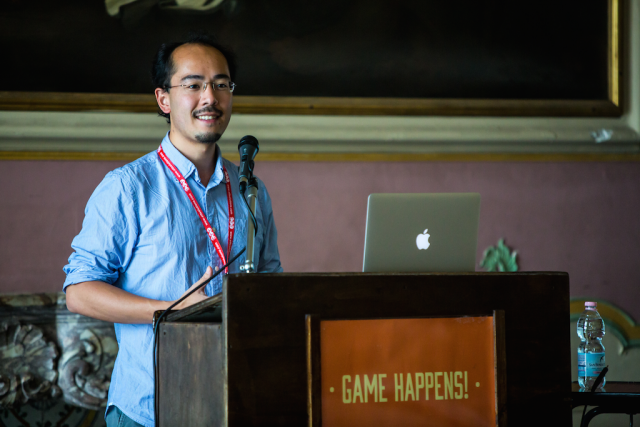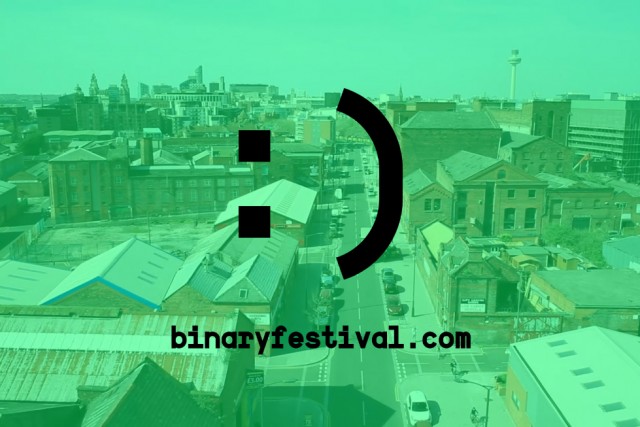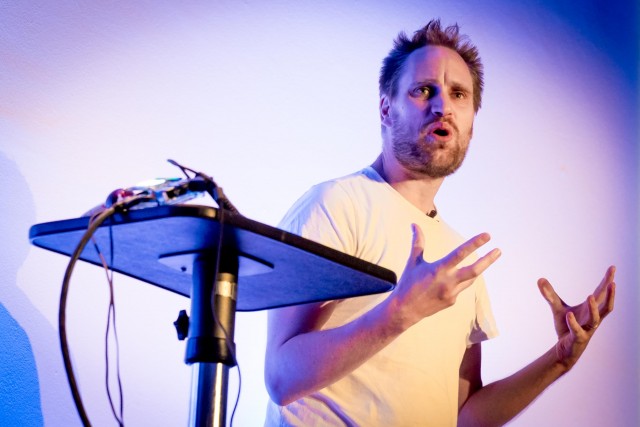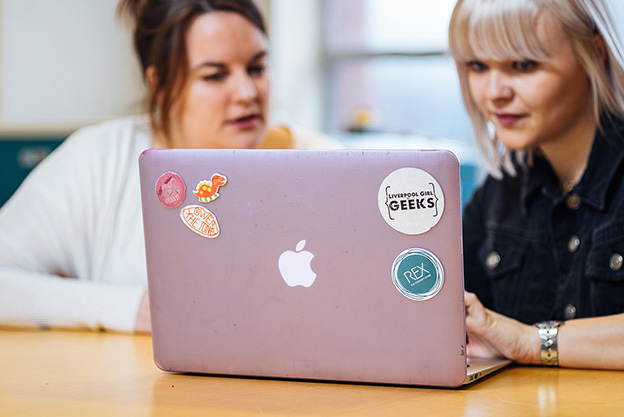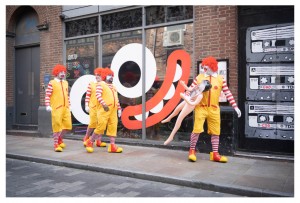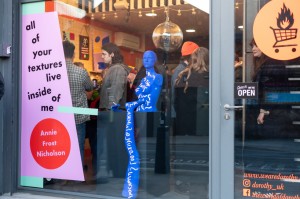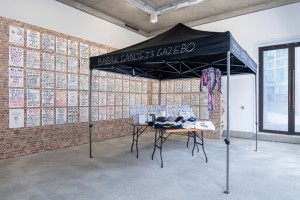Serendipity, Virtual Reality And Opening Minds — Introducing: Binary Festival
The Baltic Triangle is fostering a reputation for housing some of the best and most interesting arts, culture, technology and innovation companies in Liverpool. So what happens when it spawns a mini festival? Laura Robertson speaks to its curator to find out more…
“If your job involves being innovative or creative in any way, you’re absolutely gonna love Binary.” I’m talking to Herb Kim, the curator of Binary Festival: a brand new, two-day jubilee of culture and digital community. Taking place in May this year at venues across Liverpool, Kim and the Binary team are working hard to gather together “inventors, leaders, makers and creators of our future”; homegrown and external expertise on one stage.
Binary’s plan, Kim tells me, is two-pronged. The festival’s climax is all about Binary Keynotes: inspiring insights into making and doing, and held at FACT (Foundation for Art and Creative Technology). Amongst those confirmed so far are writer and poet Lemn Sissay MBE (pictured), who is currently associate artist at London’s Southbank Centre, patron of The Letterbox Club and The Reader Organisation, and ambassador for The Children’s Reading Fund; and app innovator Adrian Hon (pictured), who is founder of indie games company Six to Start, author of A History of the Future in 100 Objects, and former technology writer for The Telegraph. There will also be a live coding and music performance from University of Cambridge researcher Dr Sam Aaron (pictured), in addition to talks from Indiegogo’s hardware manager Kelly Angood, Pocket-lint founder Stuart Miles, Starship managing director Clemens Wangerin, and more.
The day will be preceded by Binary Gatherings: an eclectic mix of talks, workshops and parties, aimed at showcasing a selection of original and at times trailblazing work coming out of the Baltic Triangle and wider Liverpool area. Companies leading the gatherings include Starship Group, which has been gaining widespread and international press for its new virtual reality sociable network vTime; and Liverpool Girl Geeks (pictured), promoters of accessible and affordable coding skills.
It’s an intriguing set-up, and Kim’s enthusiasm for the gatherings and keynotes is infectious. How often do you get to discuss a new festival as it’s being planned? Not often. It’s especially rare to be able to discuss a festival that focuses on the small scale but growing ideas and manufacturing based here and nowhere else – people leading the way in approach and vision. The initial idea emerged from residents of the Baltic Triangle: a tiny dockside area of Victorian warehouses that has seen a growth explosion since the establishment of the Baltic Creative CIC studios (pictured) in 2009. It has since become a magnet for hundreds of artists, makers and digital agencies, alongside nightlife venues, arts and music festivals, galleries, and two specialist science and technology schools; with more initiatives planned and a waiting list of over 300 businesses. These are people making hardware, campaigning for social change, and funding projects themselves.
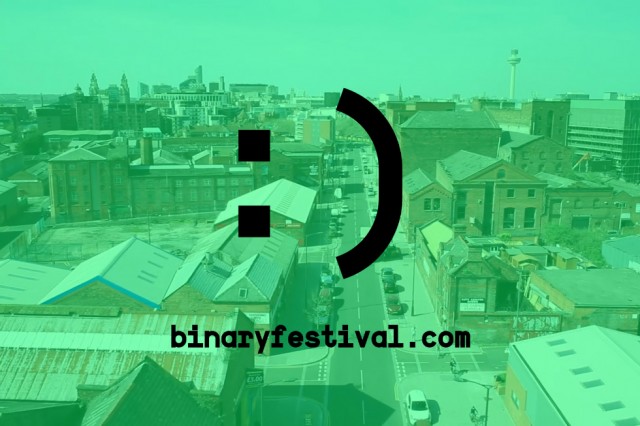
“Binary is definitely here to help further develop and inspire the community of digital, technology and creative sectors, in and around Liverpool”, Kim tells me. “It’s not just about being blown away by amazing speakers, although that’s certainly part of it; it’s about reconnecting. It’s about building on that community, spreading the world about what’s happening in Liverpool, and how it’s growing.
“Our intention”, he continues, “is that Binary becomes an iconic gathering for people in Liverpool and eventually an attraction to companies around the UK and further afield; for people to come once a year to see what’s happening here.”
And judging Kim by his experience, he’s probably the best person in Britain to qualify for the job right now. Not only is he curating the inaugural Binary Festival, but he has just wrapped up the very first, and by all accounts very popular, Thinking Digital conference in London — an expansion of the non-profit Thinking Digital brand, which he established in 2007, that now includes Newcastle and Manchester, and has its sights on America and East Asia. He’s a board director for TechCityUK, and was appointed executive chairman of Tech North last year. Both roles involve championing and accelerating growth of digital businesses in the North of England. If that wasn’t enough, Kim also runs TEDxManchester, TEDxLiverpool, TEDxNewcastle and TEDxSheffield.
It’s fair to say that Kim is riding a wave of momentum. But how on earth does he fit it all in? “It’d be good to have more time for these things, but then there’s an irony that with less time and more pressure you can get more done! I think that comes from experience in working within big organisations; more money and more time doesn’t necessarily mean you’re doing it better.”
A native New Yorker and Princeton graduate, his love of tech formed roots whilst working on what became the Wall Street Journal online. He’s since worked at O2, QXL.com, Bertelsmann Online, Blackwell’s online bookshop and IBM; founding not-for-profit, digital economic investment company Codeworks in Sunderland in 2003, and Thinking Digital soon after. It became an emblematic event that helped catalyse an increased focus on the digital sector in the North-East; leading to him being described by MediaGuardian as “a pivotal figure in the UK tech scene outside of London.”
“There’s no such thing as a MBA in conferences”, he says. “Mostly you learn through doing. I’m still learning, and I’m a big believer in learning by doing. Festivals and conferences are an opportunity to learn myself. I enjoy that positive experience that people get by learning something they didn’t know and being excited by it.”
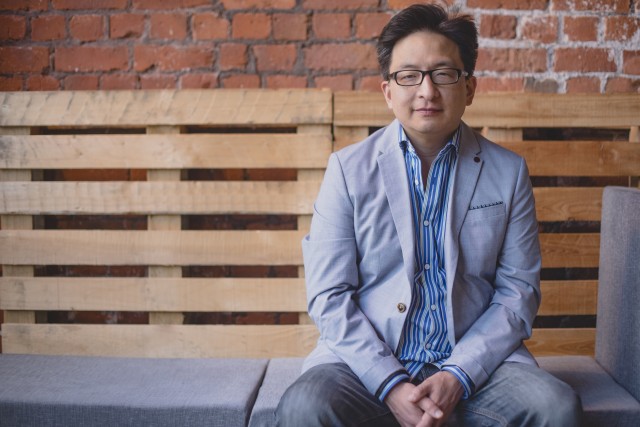
By the look of the festival line-up so far (with major additions announced this month), Binary has its sights on being more wide-reaching; pulling in a broad cross-section of wisdom within poetry, live performance, gaming, alternative finance and more. Following such a focus on technology, I ask, why does he think it’s important as Binary curator that the new festival throws its net a little farther?
“What we find is that by serving people with highly varied, quality talks, it really open minds and gives our audience a wider perspective; which is fundamental to having a learning mindset. When your brain is open to new ideas, you’re also open to meeting new people; there’s a certain amount of serendipity we’ve worked into Binary to allow this to happen.”
We chat more about ways of learning, “fixed” mindsets, and how difficult it is to think strategically when you’ve allowed yourself to become overly busy. I get a sense of Kim as a man who makes sure learning is prioritised; when I last spoke to him (one year ago), I remember how excited he was about getting educational icon Sir Ken Robinson to be a keynote speaker at TEDxLiverpool. Is this an attitude can expect at Binary?
“We want to inspire people”, Kim says. “There will be a blend of hard tech, digital media, traditional media, and creative experts. It is important that Binary is looking to people who are still practitioners; people who are still doing, who have the technical skill, and are still making decisions on how their products and services are developed.”
Kim insists that Binary Festival will be accessible; audiences won’t need specific technical knowledge. “If your job involves being innovative or creative in almost any way, you will get something really useful and important out of Binary; it might change the way you think about things, or help shape the way you work with clients or in your business.”
Just before we say goodbye, we discuss what we find disappointing about commercial conferences, and what Binary wants to avoid: CEOs who may have seniority, but it’s been decades since they actually made anything; pitch-heavy, impersonal talks. “Like any good story, if you just tell people how amazing you are, it’s boring!
“We want to hear about lucky breaks, decisions that went badly that they recovered from, all that stuff – the dirty underbelly of success, versus all the shiny, polished-off bits. You’re going to love it.”
Laura Robertson
This article has been written as part of a special media partnership between The Double Negative arts magazine, Creative Tourist culture and travel site and Binary Festival Blog. See the Festival on 24 and 25 May 2016 in Liverpool, UK
The Binary SUPER Early Bird ticket offer, at £24, ends in three days, two hours: prices then rise incrementally to £35, £75 and £100. Book now
For full festival programme and all announcements visit the Binary website, Twitter @BinaryFest or Instagram
Additional Binary Gatherings and Keynotes will be announced over the coming weeks; and for any inspired business, organisation or individual looking to get involved please contact Binary team: info@binaryfestival.com

